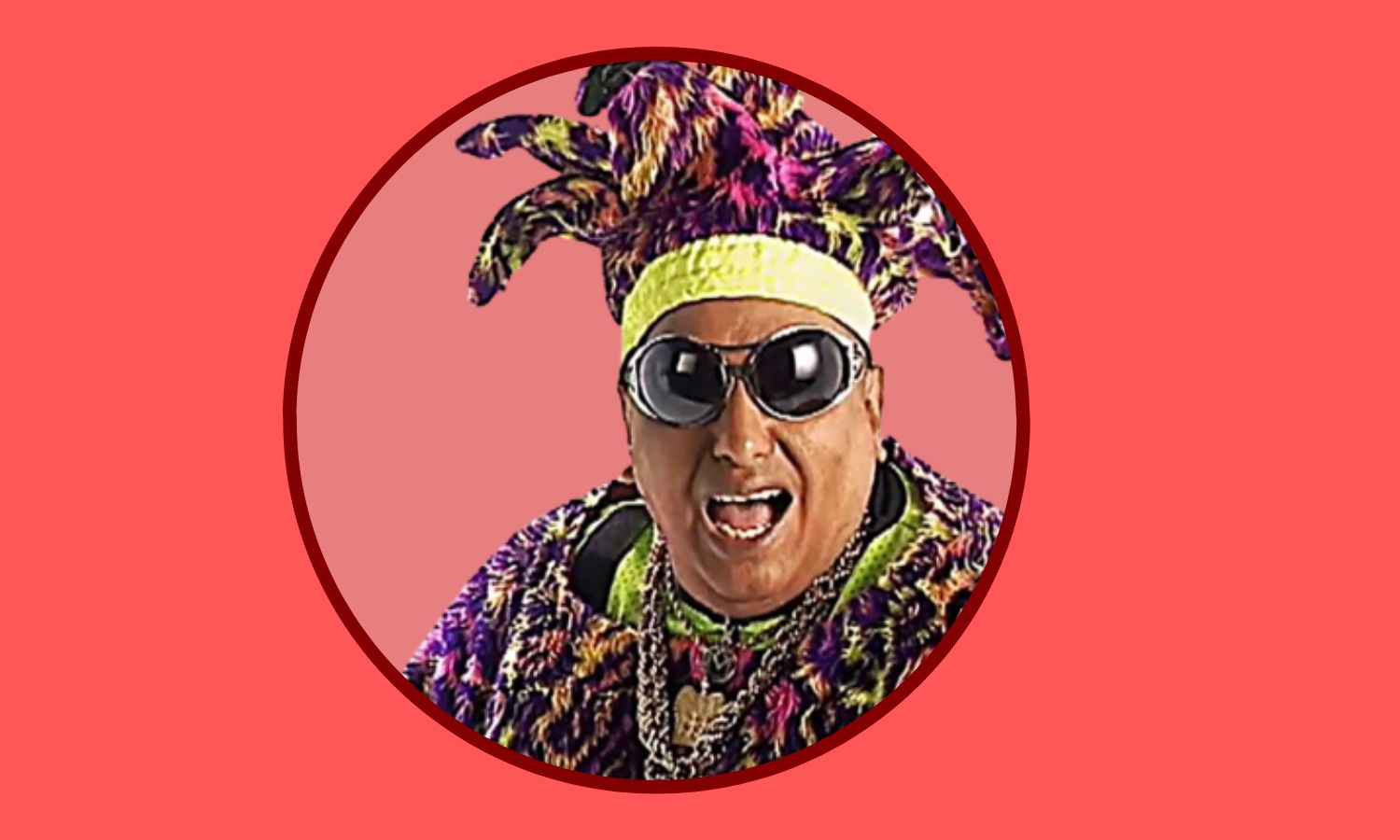How TikTok And Spotify Have Killed The «Song Of The Summer»
Consumer habits have changed, and with it the music industry – gone are the days when one hit song would define the sound of an entire summer. But why have we abandoned this iconic practice, and what has the race turned into in our modern day?
Article

Article
More than 20 years have passed since Sonia and Selena released their hit song Yo Quiero Bailar, a tune that was destined to return in 2021 to top the Spanish charts once more. Despite its two decades of life, the hit came back to bars and clubs all over the country simply because the iconic «cuando llega el calor» (when the heat comes in) lyrics capture something in the season’s spirit.
King África and «La Bomba» are also part of Spain’s summery melodic history, just like other songs such as Las Ketchup’s «Aserejé», Chayanne’s «Torero», or Los del Río’s «Macarena».
For decades, we have known exactly which song was the reigning chart-topper for the months of July and August, an unequivocal (and inescapable) cultural phenomenon. But this year, like the past couple of years, something has changed. Pedro del Corral, a music journalist, explains the phenomenon of the Song of the Summer, as we know it, is dead.
«It won’t matter if it’s the most popular singers contending», he said. «They still won’t ever attain such a coveted title».
New sounds and moves
There are several reasons we can point to explain this decline. One of the main factors is that artists are seeking original-sounding production that allows them to stand out from the rest, distancing themselves from overly familiar formulas that often supply us with the big summer hit. «In other words, they no longer use catchy melodies and simplistic choruses».
Rather than being tailored for people to dance together, they’re designed to go viral on TikTok
Del Corral also explains that popular dances associated with songs have persisted, but evolved. Now, rather than being tailored for people to dance together, «they are designed to go viral on TikTok, instead of holding true to the charm they’ve been traditionally associated with».
The journalist emphasizes that it’s also important to consider that the industry has changed, and until the emergence of Spotify, summer and Christmas were seen as big sales periods: «To boost the modest year-round sales, record labels would bet on a song to try and get a big hit that would get them featured in the Caribe Mix compilation and mentioned in Super Pop magazine.This was the quickest way to sell thousands of records and, of course, participate in events sponsored by local towns».
Spoiled for choice
The critic also points out that television played a significant role in the success of past hits: appearing on shows like «Noche de Fiesta» (Party Night) guaranteed you a massive audience that is nearly impossible to find nowadays.
«It guaranteed an intergenerational impact that the more individualistic and fragmented internet of today will hardly achieve», he explains. «The new technologies have not only changed the way music is consumed but also how it’s presented to the world. That’s why now, artists take great care in the material they release: it’s their strongest card to reach the widest audience possible».
The Song of the Summer is a phenomenon we leave behind as a consequence of the evolving times. Del Corral concludes: «In the past, popular culture primarily consumed what appeared on radio and television, so choice was limited. Now we have access to the entire spectrum provided by streaming platforms. So when choice is infinite, we no longer act as a heterogeneous mass that can exclusively identify one song».
This content is part of a collaboration agreement of ‘WorldCrunch’, with the magazine ‘Ethic’. Read the original at this link.






